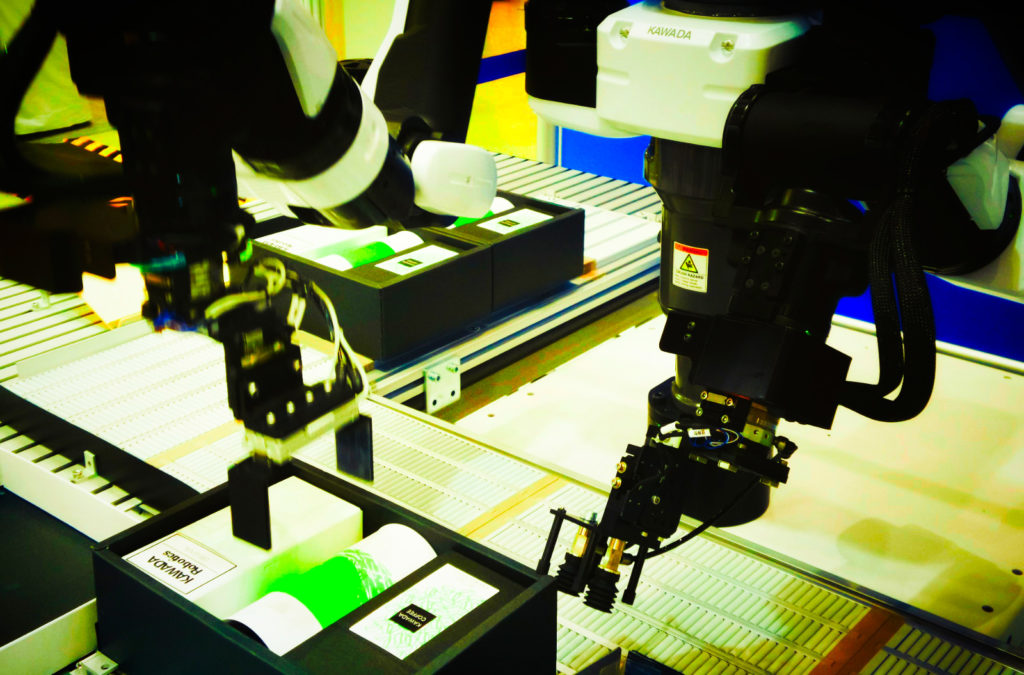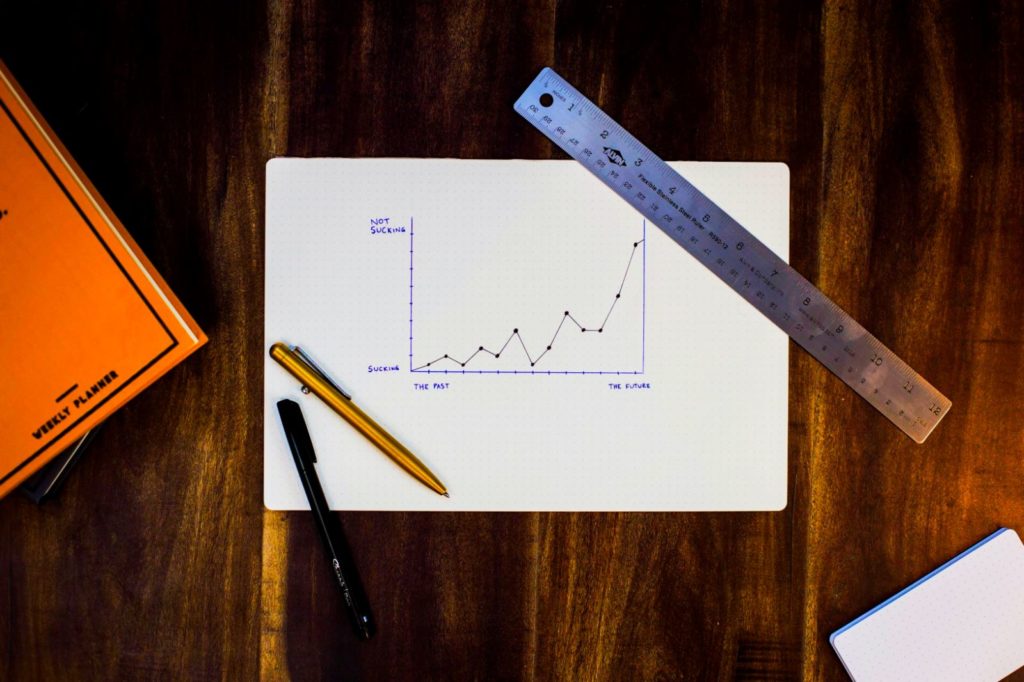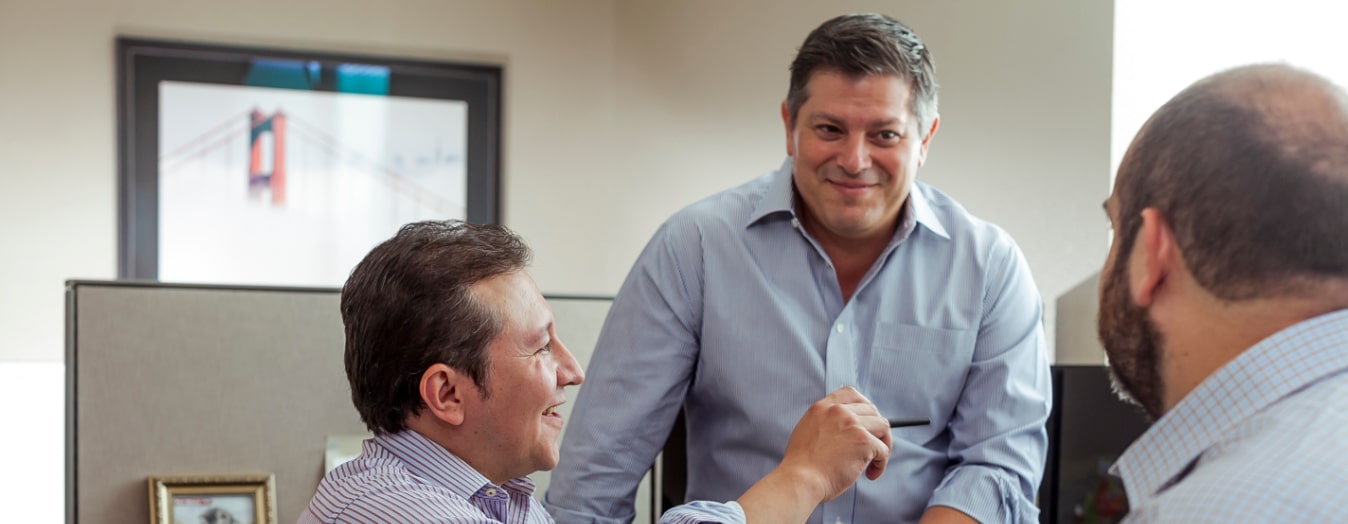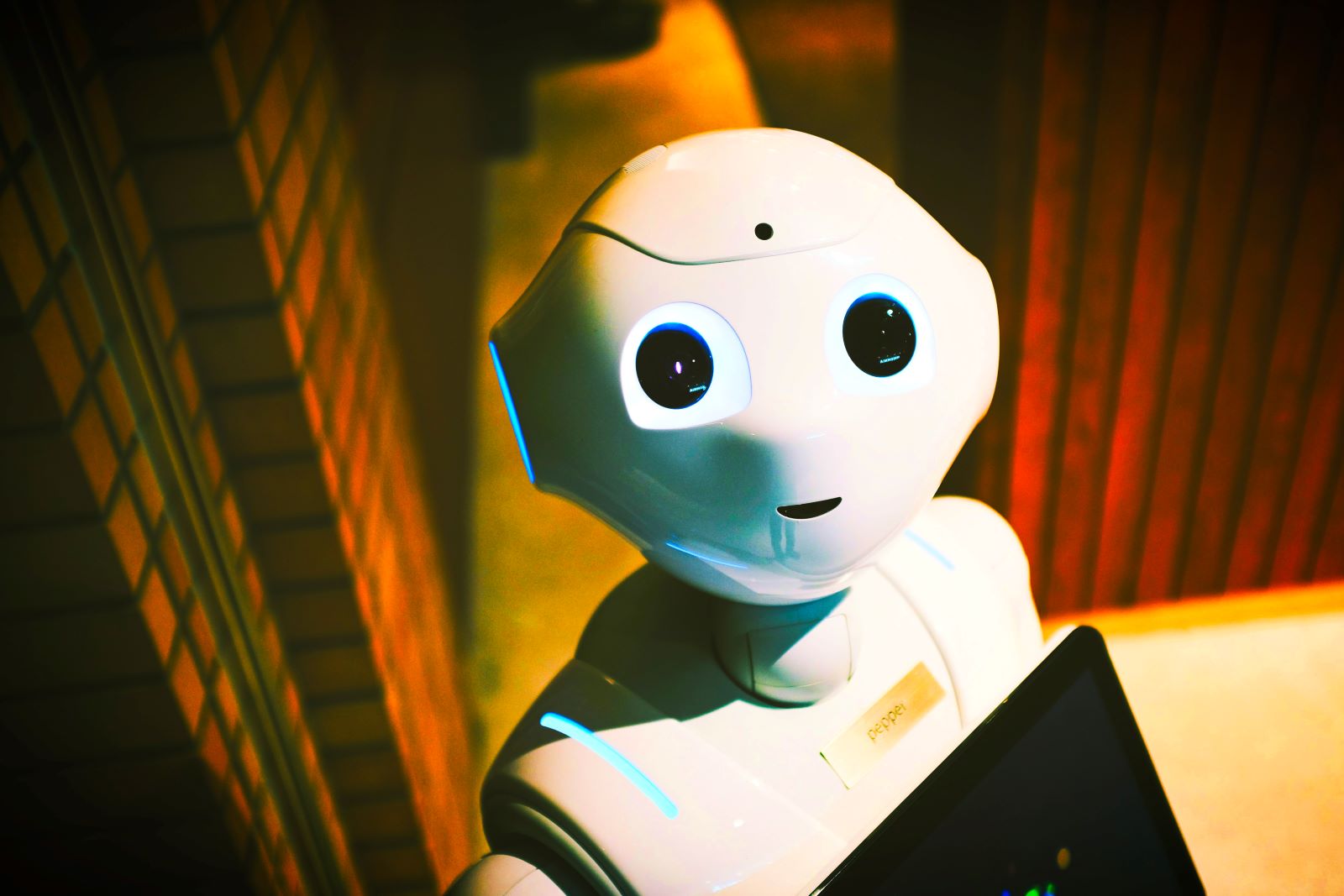Up and down the supply chains that crisscross the country, packaging heroes have put in the sweat needed to keep society humming. Despite shutdowns in global travel and massive disruptions to supply lines, grocery shelves are well stocked, frontline workers now have access to PPE, and businesses are rising to the moment.
Make no mistake, it hasn’t been business as usual; it’s been a Herculean feat on the part of workers bustling across warehouse floors and packaging executives in hectic offices. Let’s tip our hats to those efforts.
All the while, companies are becoming nimbler by leveraging automation and AI to empower workers and help maintain social distancing. Technology adoption has increased in recent months, and packaging heroes will continue to embrace change, including automation and AI, after we beat COVID-19.
Wondering what artificial intelligence and automation could mean for the packaging industry? We wondered the same. That’s why we turned to some of the world’s brightest experts. Let’s see what they have to say.

Artificial Intelligence is Making the Packaging Industry Smarter
There’s a good chance you’ve heard “artificial intelligence” (AI) tossed around before. Maybe in your favorite sci-fi flick, or at a tech conference. But what does artificial intelligence actually mean?
One of the foundational pioneers of AI, Dr. Nils J. Nilsson, sheds light:
“Artificial intelligence is that activity devoted to making machines intelligent, and intelligence is that quality that enables an entity to function appropriately and with foresight in its environment”
From: One Hundred Year Study on Artificial Intelligence (AI100)
More recently, Brian Ka Chan put it this way:
“It [AI] includes anything that can make a decision and is not a living organism! Notice that this sets a very low bar for intelligence: any decision-making that isn’t simply random will count as intelligent.”
From: What is AI
Decision making is a key takeaway. Traditional software can analyze information on command and produce outputs. But at the end of the day, there’s still a human behind the machine.
AI ultimately aims for autonomous intelligence, or the ability to make decisions without human input. For the packaging industry, this could yield major breakthroughs.
AI delivers measurable improvements by empowering rather than replacing workers. As Ray Chalmers offers:
“AI covers a number of engineering-related goals: better predictive maintenance, the concept of zero downtime, clear traceability related to standards compliance and increased worker engagement. Indeed, “smart” devices—such as motors, controllers, sensors and more imparting improved algorithms to robots, conveyors, checkweighers and entire packaging lines—promise to engage workers rather than replace them.”
From: AI Packaging Defining Terms and Assessing Impact
It’s not just about warehouse floor improvements. Packaging has a huge influence on customers. Saloni Walimbe notes:
“In the retail space, packaging is often the first interaction that customers have with the product. It’s effective not just in attracting the customer’s interest, but also in offering a tangible way to connect with the product and understand its many aspects.”
From: How Automation Will Impact the Global Packaging Landscape
Good thing artificial intelligence can help packaging companies form relationships with consumers as well. Speaking to Kristiana Lalou at Packaging Insights, Alexandre Carvalho states:
“Thanks to smart packaging technology, every package sold can now carry a unique digital identifier, creating the opportunity for direct one-to-one conversations with consumers, as well as helping drive efficiencies across the entire supply chain.”
From: AI in Packaging: How artificial intelligence is driving the packaging industry forward
Many packaging companies rely on their sales team to drum up revenues. In the past, sales often felt like shooting in the dark, but AI can pull back the curtain, as John Boitnott notes:
“Using machine learning, these platforms analyze a variety of variables like word choice, or the ratio of time spent talking versus listening. The tools help analyze performance and coach salespeople to communicate more like your most successful sellers.”
From: 4 Ways Artificial Intelligence (A.I.) Can Transform Your Small Business
AI could also help when packaging is thrown out. Many packaging products can be recycled but sorting recyclables has proven difficult. Writing in Materials, Handling, & Logistics, Derric Brown says:
“AMP, which stands for Autonomous Manipulation and Perception, creates scalable robotic systems designed to reduce the cost of recycling while enabling “smart” recycling facilities by providing information on the efficiency of equipment and flow of materials.”
From: AI Offers a Smarter Path to Sustainable Packaging
Much of AI’s potential is tied up with automation, another important technological trend that could shake up the packaging industry. Let’s take a gander.

Automation is Empowering Workers and Improving Productivity
You may be familiar with automation. It’s been disrupting packaging for years. Need a catch up? Saloni Walimbe offers a succinct summary:
“In the modern era, technology is evolving at breakneck speed. Automation refers to the creation and application of technology toward monitoring and controlling activities associated with goods and services, from production to delivery. In essence, it refers to the digitization of tasks previously performed by human workers.”
From: How Automation Will Impact the Global Packaging Landscape
Automation holds a lot of promise for the packaging industry. Nathan Dube says:
“Fully automated packaging lines have recently been implemented more frequently due to several benefits. These reasons have historically revolved around cost savings, key performance indicators, and the streamlining and optimization of production.”
Amid the COVID-19 pandemic, automation is even more important, as Nathan Dube further elucidates:
“However, today the biggest motivation for automating your packaging line is something else entirely. Putting a bold and extreme focus on protecting the health and safety of your people.”
From: Packaging Automation: A New Weapon In The War Against COVID
As machines play a bigger role in the workplace, some worry about declining craftsmanship. There’s a reason hand-made products often command a higher price. Still, David Roberge argues:
“Production line automation allows companies to leverage ingenuity and efficiency without sacrificing craftsmanship or quality. With an automated production line, you never have to worry about employees getting sick, you can rest assured that production levels will remain high, and you can feel confident knowing that the end product will be made to a consistently high standard.”
From: Why Robotic Packaging Automation is the Future
One specific automation technology, motion control, long a mainstay in manufacturing, is now among the most promising technologies for packaging. That’s why Mark Howard states in Packaging Strategies that:
“Packaging multiple products together requires synchronizing the incoming product, collating and grouping it, before transferring the product to a cartoning machine. All of this is expected at high throughput. The efficiency of rapid changeover is one of the key advantages of motion control.”
From: Integrating Automation for Packaging Processes
We’re just beginning to understand the full impact of AI and automation. The technologies we use today may seem primitive in twenty years. Circling back to AI, Mike Thomas quotes venture capitalist Dr. Kai-Fu Lee, who believes:
“[AI] is going to change the world more than anything in the history of mankind. More than electricity.”
From: 7 ways AI can change the world for better … or worse
We can’t say for certain what lies ahead. Still, automation and AI are already empowering our workforce, increasing productivity, and making it easier to maintain social distancing. In the future, these technologies may have even more profound impacts on how we lead our lives and do business.
What does this have to do with recruiting? EVERYTHING! AI is disrupting the packaging industry, and the future promises even more change. When applicable, we find the disruptors that your organization needs to go to the next level.
Chase & Associates
We Have Your Back



